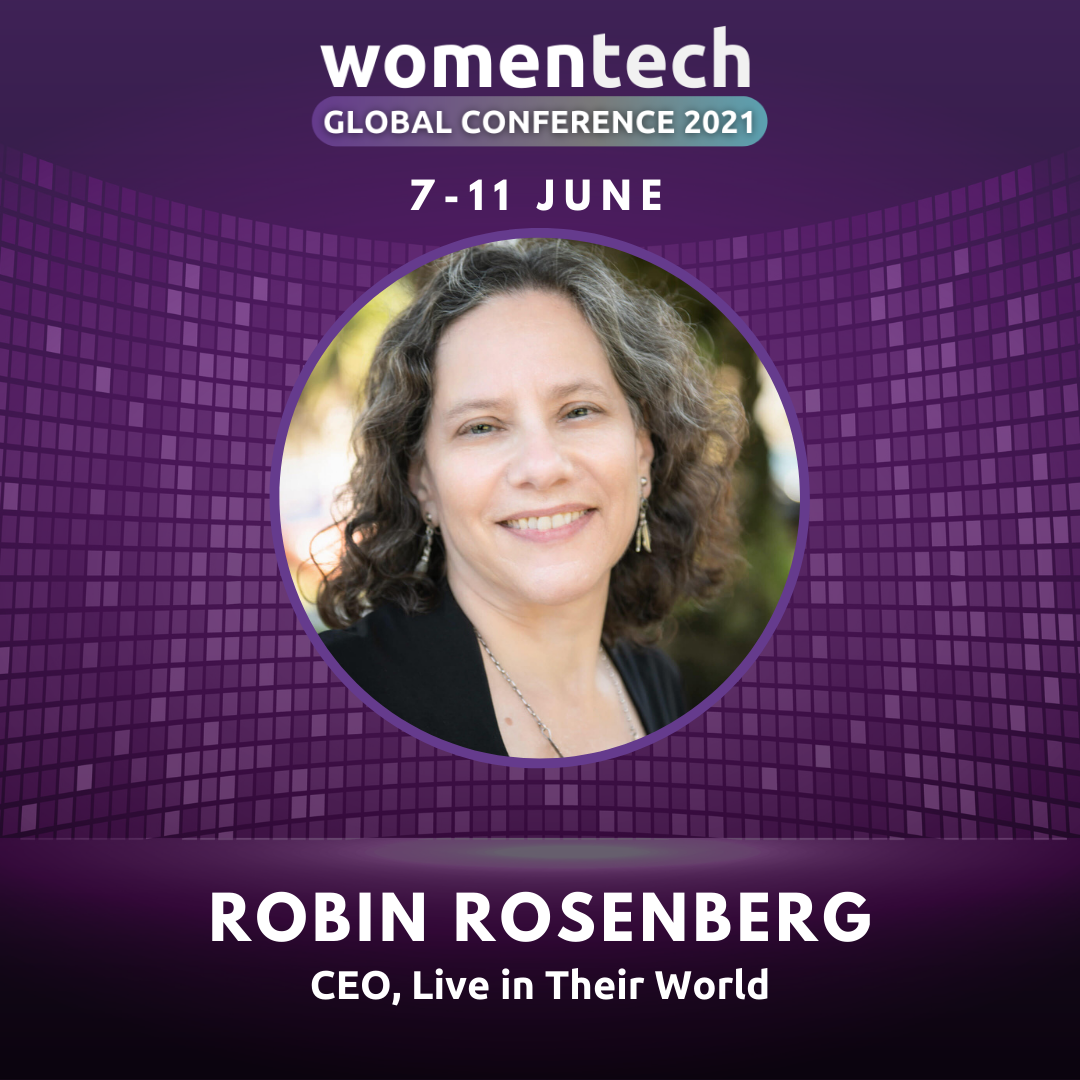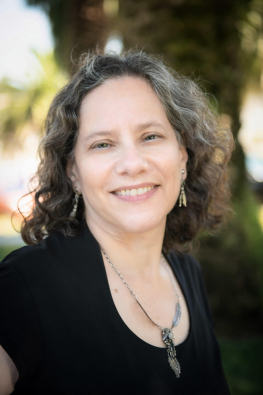Vote by Sharing
Unite 100 000 Women in Tech to Drive Change with Purpose and Impact.
Do you want to see this session? Help increase the sharing count and the session visibility. Sessions with +10 votes will be available to career ticket holders.
Please note that it might take some time until your share & vote is reflected.
Session: Digital, Remote, Virtual Work: Rethinking "Workplace" From the Ground Up
As we settle in the “remote and distributed” reality for the long haul, there are critical questions emerging - how might we foster team collaboration when you may not have the chance to meet your team in person? Ever. What does it mean to be a manager when you can no longer physically “supervise” the work or see the nuances of non-verbal communication among your team members? How can you deal with conflicts when there is no natural opportunity to work through the tensions once the zoom call ends? How can we create an environment where everyone feels they belong and feels included? Can you train people on how to be civil? Can you use technology to create learning opportunities that “stick”? Is there scientific backing for the impact of such learning? With the shift to remote/distributed work we should be mindful about automating, digitizing, or externalizing processes that were designed to be done in person. Such simplistic approach might create unnecessary complexity and negatively impact employee’s experience. We now have the opportunity to utilize technology to reimagine and transform what the interaction of employees with the workplace and their colleagues look like and be more deliberate about the choices we make in shaping their experience. This presentation focuses on the various ways to interact and how different types of technology (e.g., AI, AR, VR) can help, but also the potential drawbacks of such technologies.Key Takeaways
- Please Add
Bio
Robin Rosenberg, Ph.D., is CEO and Founder of Live in Their World, a company that uses virtual reality to address issues of bias and incivility in the workplace and upskill employees for respectful engagement. She is a clinical psychologist, and prior to starting her company, she had both psychotherapy and coaching practices, wrote college textbooks, and taught psychology classes at Lesley University and Harvard University. She's combined her interest in immersive technologies with her coaching and clinical experiences to foster in employees a deeper understanding of how and why other people may feel slighted or marginalized, and how to approach such interactions differently. She's been interested in virtual reality (VR) for years, and was the lead author of a study to investigate using “VR for good.” She is a Fellow of the American Academy of Clinical Psychology, and Assistant Clinical Professor at the University of California, San Francisco.


